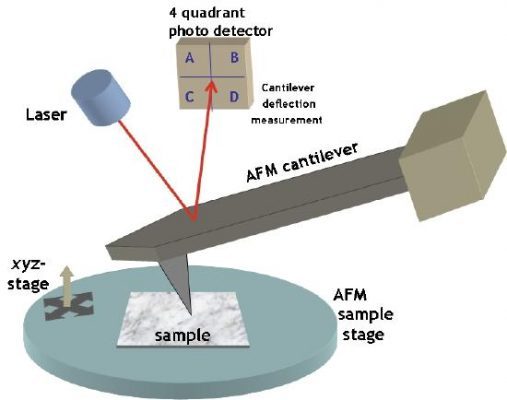
We may be able to help you achieve your goal...!
Just contact us and submit your request ;-)
Falsification of data in a paper refers to the deliberate manipulation or fabrication of research data to support a particular hypothesis or conclusion. This can include altering or omitting data, selectively reporting results, or creating false data altogether.
(more…)
Read more







